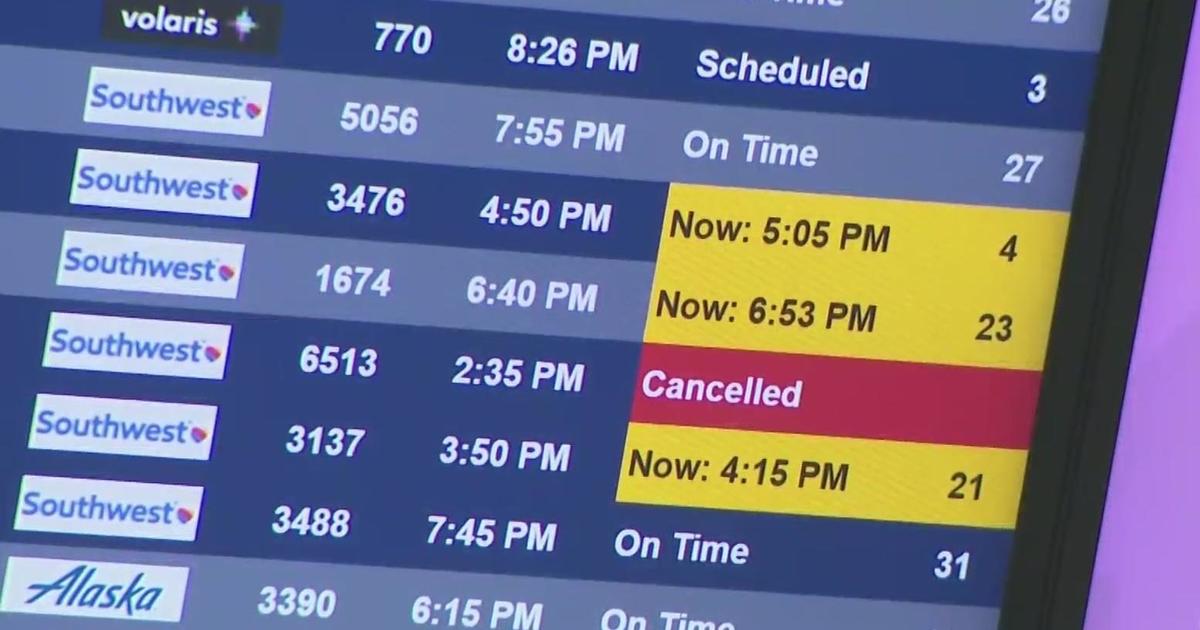Breast Milk Sold Online Can Be Tainted With Cow's Milk, Study Shows
SAN FRANCISCO (KCBS)— The last few years has seen a rise in online breast milk sales. With the Internet being a resource for just about anything, mothers who can't produce enough breast milk to feed their children have taken notice and embraced the black market of sorts.
However, a new study released Monday shows that at least 10 percent of the milk sold online can be tainted with cow's milk and contain high levels of potentially dangerous bacteria and other micro-organisms.
Dr. Jesse Kwiek co-authored the study and is an Associate Professor of Microbial Infection & Immunity at Ohio State University's Wexner Medical Center.
"The FDA [Food and Drug Administration] recommends against feeding infants breast milk acquired from individuals or the Internet. It's important to point out that there are recommendations, but this is entirely an unregulated process," said Kwiek.
In the study, Kwiek said 102 breast milk samples were purchased through the Internet to see if any of them contained cow's milk. He explained that there had been suggestions that people were topping human breast milk off with cow's milk.
"Not only did we look to see if there was cow's milk, but we also looked to see how much there was." Kwiek noted that the contamination may have been accidental or incidental, but the amounts they found of cow milk contamination was consistent with someone intentionally topping off the milk.
In 2013, Kwiek participated in a study that showed 75 percent of the online-purchased breast milk had high levels of bacteria.
"It's hard to say if that was just unsanitary collection practices. A lot of the milk was shipped to us in less than ideal conditions. We really can't say where the [bacteria] came from. Also the milk was unpasteurized. Often times the milk can be pasteurized to eliminate that. What's important in the study we're doing now is that no amount of pasteurization will get rid of the cow's milk."
The most obvious problem with that is if the infant had some sort of cow's milk allergy, but Kwiek also notes you are depriving that infant and mother of the human breast milk they are attempting to purchase.
As far as safer access to human breast milk goes, there are about 15 milk banks throughout the United States, but they don't sell the mill. According to the Human Milk Banking Association of North America, they instead make other arrangements called "casual sharing".
Kwiek says you really shouldn't buy milk through the Internet and instead work with your pediatrician to identify safe and healthy ways to feed your infant.



